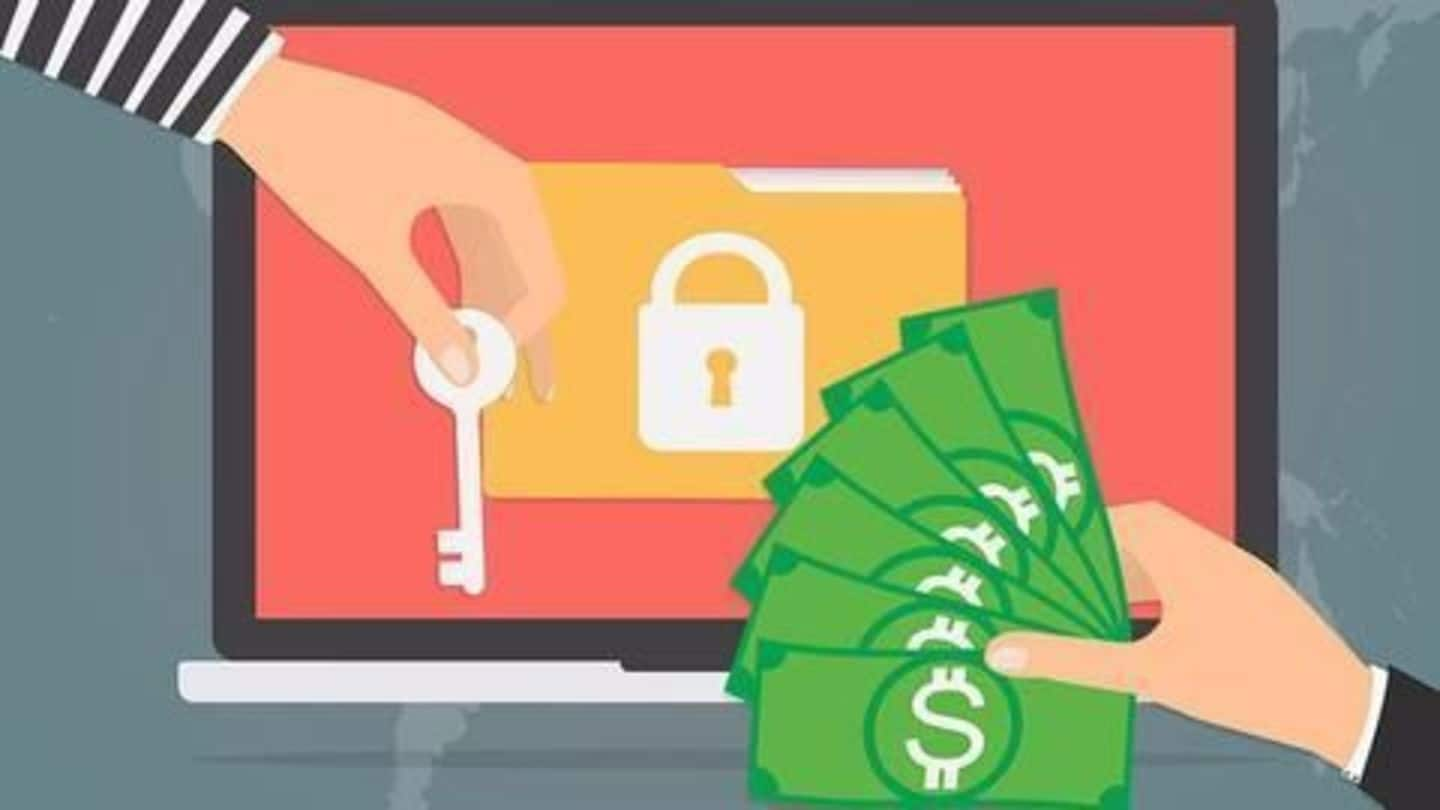S.Korean firm pays $1m ransom to hackers, founder turns bankrupt
What's the story
Paying ransom to cyber terrorists to get back stolen data- many have done it but none has ever openly admitted it.
When South Korean firm Nayana agreed to pay $1m as ransom, it not only gave in to its hackers' demands but showed us how helpless businesses are against this growing menace.
The founder confessed that he turned bankrupt, after paying the ransom amount.
Attack
The stakes were extremely high
The ransomware used in this case was Erebus, which usually targets systems that run on Microsoft Windows but the hackers had further modified it so that it could be equally destructive against Linux-based systems.
According to reports, the hackers had encrypted 153 Linux servers and 3,400 customer websites using this ransomware, forcing Nayana to cough up an exorbitant amount to get them unlocked.
Money
A staggering sum of $1 million
The hackers initially asked for a ransom of $4.4m, which had to be paid in bitcoin, so there could be no digital trail left to catch them.
After Nayana started the negotiation, the amount came down to $500,000 but at the last minute, it was hiked again to $1m by the cyber criminals, which is a record amount paid openly as cyber ransom.
Bankrupt
Shaking hands with hackers
Although privacy/security experts warn against paying ransom to hackers, Nayana's chief executive's back was against the wall and he ended up agreeing to their terms to get back control over the firm's valuable data from the perpetrators.
The official statement released by him read, "Now I am bankrupt. Everything I've been working on for 20 years is expected to disappear at 12:00 tomorrow."
Future
This will be a regular fixture soon
Over the years, cyber terrorism has been growing steadily; initially, the targets used to be mostly small firms and even if they succeeded in hacking the big wigs, pay-offs were kept under wraps.
But now, from sporadic attacks, it has turned into a steady stream, as more and more hackers are joining in the fray to make easy money by extortion and digital theft.
